Is there too much sugar and too many calories in fruit?
The most common response I hear from people about fruit is this: ‘I don’t eat fruit because there is too much sugar and I don’t want to gain weight’ or ‘I heard there is too much sugar and too many calories in fruit so I don’t eat it.’ Such unfounded theories have stopped many people from eating fruit for 10 years or more (and they are still overweight!). Take some time to understand what is really happening, and hopefully you’ll get back to the idea of adding even more fruit back into your healthy routine and better yet, into your daily Green Smoothie!
All information in this article is for educational purposes only.
It is not for the diagnosis, treatment, prescription or cure of any disease or health condition.
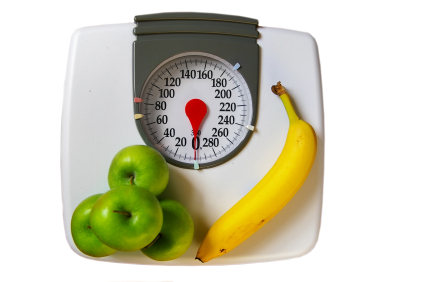
Do fruit sugars make you gain weight?
Not all sugars are created equal.
David Wolfe explains one of the main problems with sugar. He states, “Because the term is used so loosely, sugar has become an ambiguous word. When one states the word “sugar” it could mean one of a dozen things such as high fructose corn syrup, refined cane sugar, white sugar, brown sugar, maple sugar, beet sugar, fruit juice, dried fruit, etc.” He goes on to explain, “Sugar is defined as a natural hydrocarbon compound (such as honey, agave, fruits, dried fruits, etc.) and Refined Sugar is an unnatural hydrocarbon product (such as high fructose corn syrup, brown sugar, white sugar, etc.) made through human engineering, plant breeding, and heat processing.”
First, I do think it’s important to be honest with yourself if you are saying that you don’t eat fruit because it has too much ‘sugar’. More than 95% of the time that someone tells me this, in the same conversation I discover that they eat chocolate every afternoon, a cookie every night or a glass of wine with dinner every day. And I feel so sad that the high-nutrient dense, high-enzyme, high-fiber, naturally healing food didn’t make the cut while all the other favorite Refined Sugar foods remain. If you stop eating chocolate, cakes, ice-cream, Greek Yogurt (yes…full of refined sugar!), gluten-free cookies (often containing 35g of refined sugar per cookie!), alcohol, bread (with a higher GI index than a Mars Bar!), then you have plenty of room in your diet to add some fresh raw fruits every day! If you convince yourself otherwise, you are only do a disservice to yourself.
The difference between Refined Sugar and Natural Sugar.
Refined Sugar, with no fiber, goes into the blood stream very quickly, disrupting sugar levels, leading to weight gain and increased risk of Type 2 Diabetes. Refined Sugar should be avoided as much as possible!
The FIBER in fruit is really the key to making it a healthy food and differentiates fruit from other refined sugar foods. Fiber slows down the body’s intake of natural sugars, and allows the body to regulate the absorption of fructose sugars at a healthy pace. When you make a Green Smoothie, you are blending the fruit and greens together, keeping all fiber intact (unlike a juice which separates the fiber from the liquid, leaving only the liquid). Read here for more info on juices vs. smoothies.
Fiber is key!
As Arnold Ehret once stated, “Modern Life is the tragedy of nutrition.” It’s important to remember that fruit has been on this planet for 2,000 years and it is a healing food from the Gods. What a shame to think that modern fad diets and industrialized foods have pushed out the idea of eating natural, whole and pure fruits. It doesn’t matter how modernized and industrialized we have become, our bodies are still organic beings and they need organic whole foods in order to be well. The obesity epidemic we face today was not caused from eating too much fruit! It’s that simple.
Fruit is also alkalizing and naturally high in enzymes.
I’m sure you can’t say that about your blueberry scone and Frappuccino! Most people are suffering from chronic acidosis, meaning they are eating too many acid-forming foods in their diet and not enough alkaline-forming foods. Fresh fruits (and greens) are the best alkalizing foods there are and are excellent for pH health, another great reason to add them to your diet! William Davis, the author of the book Wheat Belly, states, “Vegetables and fruits are the dominant alkaline foods in the diet. Virtually everything in your produce department will drive pH towards the alkaline direction. From kale to kohlrabi, generous consumption of vegetables and fruits serve to neutralize the acidic burden from animal products.” High-enzyme foods allow the digestive system to work better and long-term that sets you up for normalized weight and normalized blood sugars.
Eating greens and fruits together is really the perfect way to ingest fruits. The greens help to balance out the natural fructose in fruits and the fiber from the combination slows down absorption to a healthy pace. Greens, being naturally high in magnesium, help to replenish the body’s natural reserve and often stop cravings for junk foods (did you know that a lot of food cravings are actually due to low magnesium levels?).
I didn’t mention the other most common question that I get asked and that it ‘What’s the best alternative to sugar…is it Sweet’N Low (Saccharin), NutraSweet or Equal (Aspartame), Truvia, Agave Nectar or something else? Do you see the irony that in one moment, people are afraid to eat fruit and on the other they are looking for a sweetener for their food? Why would you ever turn your back on fruit, a gift from the Gods and choose chemical alternatives (and even known carcinogens) with dangerous side effects (such as destroying of brain cells)??
In my opinion, the whole calorie-counting mentality is a distraction and a waste of time.
Animals eat fruit in nature, they don’t count calories, and they’re not fat!
The more you spend your time and energy getting away from processed and chemical-laden foods, the more you will naturally eat the correct amount of calories for your energy output daily.
The bottom line: Fruit is high in fiber, enzymes, alkalinity, healing powers, anti-oxidants, minerals, vitamins and phyto-nutrients. Remember, an apple a day keeps the doctor away. Add that apple to a Green Smoothie with banana and water, blend it up with ground flax seed, hemp seed, acai powder and spirulina and you are off to an amazing start to a healthy day…and a healthy weight for life!
Looking for Green Smoothie recipes to eat more fruit and greens?
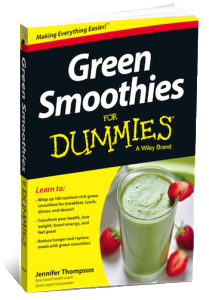 Check out my NEW book Green Smoothies for Dummies – I’ve got a whole section on Bulking up to Slim down where I feature 5 amazing Green Smoothies for Weight Loss.
Check out my NEW book Green Smoothies for Dummies – I’ve got a whole section on Bulking up to Slim down where I feature 5 amazing Green Smoothies for Weight Loss.
As I mention in the book, “When your body gets the nutrients it needs, you no longer feel hungry or think about food as much, and that alone can help you lose weight. With so much health to gain and potential weight to lose, fruits are actually the perfect addition to a green smoothie.”







Remember: Experimenting with different fruits is a great way to keep variety in your diet and to ensure getting a wide spectrum of different minerals, vitamins and antioxidants. So, if you see a fruit that you’ve never had before, search for it in your local supermarket and give it a try!
Find the book Green Smoothies for Dummies on iTunes or amazon.com!
More on Juicing and Smoothies:
- Why I still love my Daily Green Smoothie…
- How to Quit Smoking Naturally
- How to Deal with Social Pressures on a Raw Food Diet
- Importance of Doing a Heavy Metal Detox
- Win a FREE Green Smoothie Starter Kit Superfood Bundle!
More on Manifestation and Weight Loss:
- Intermittent fasting – What’s the best way?
- Feng Shui Your Home for Better Sleep and Good Relationships
- Getting out of the All or Nothing mentality
- Learning how to say “No”….for your health!
- Hollywood Celebrities and Supermodels are Drinking Green Smoothies!

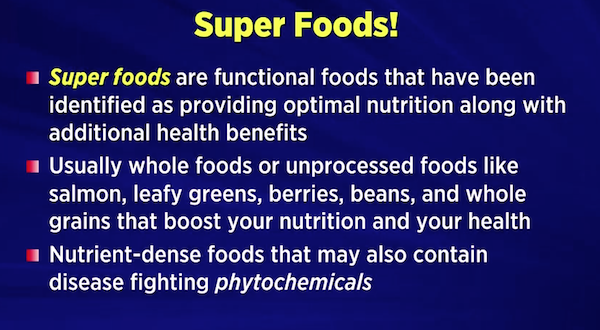
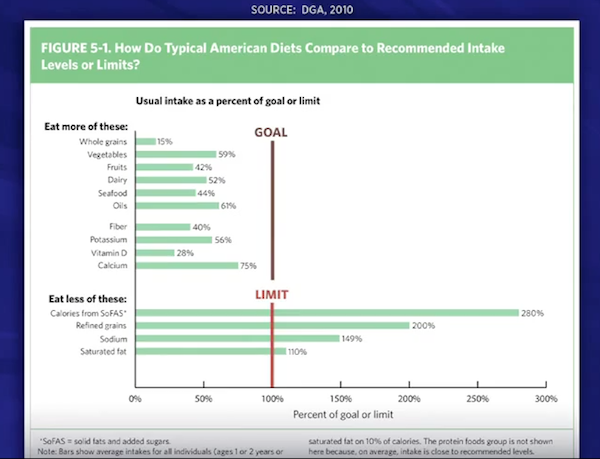
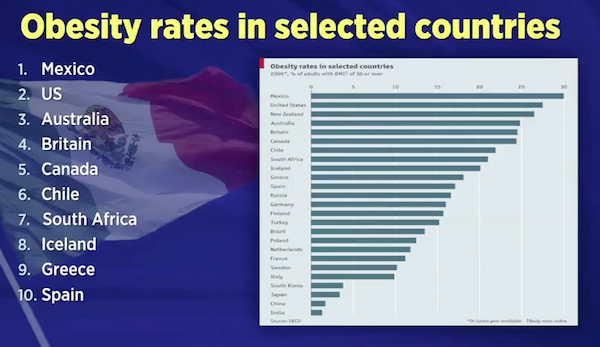

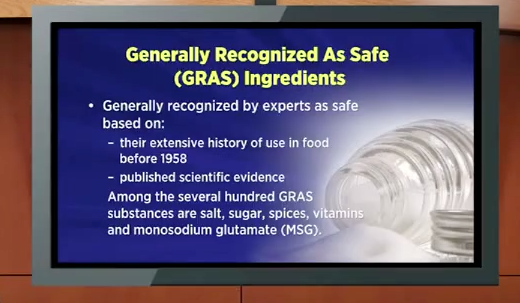
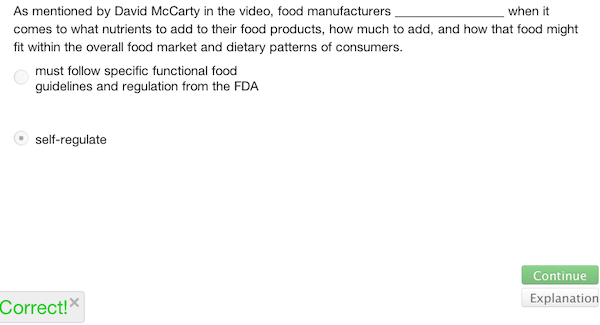

Follow Jennifer